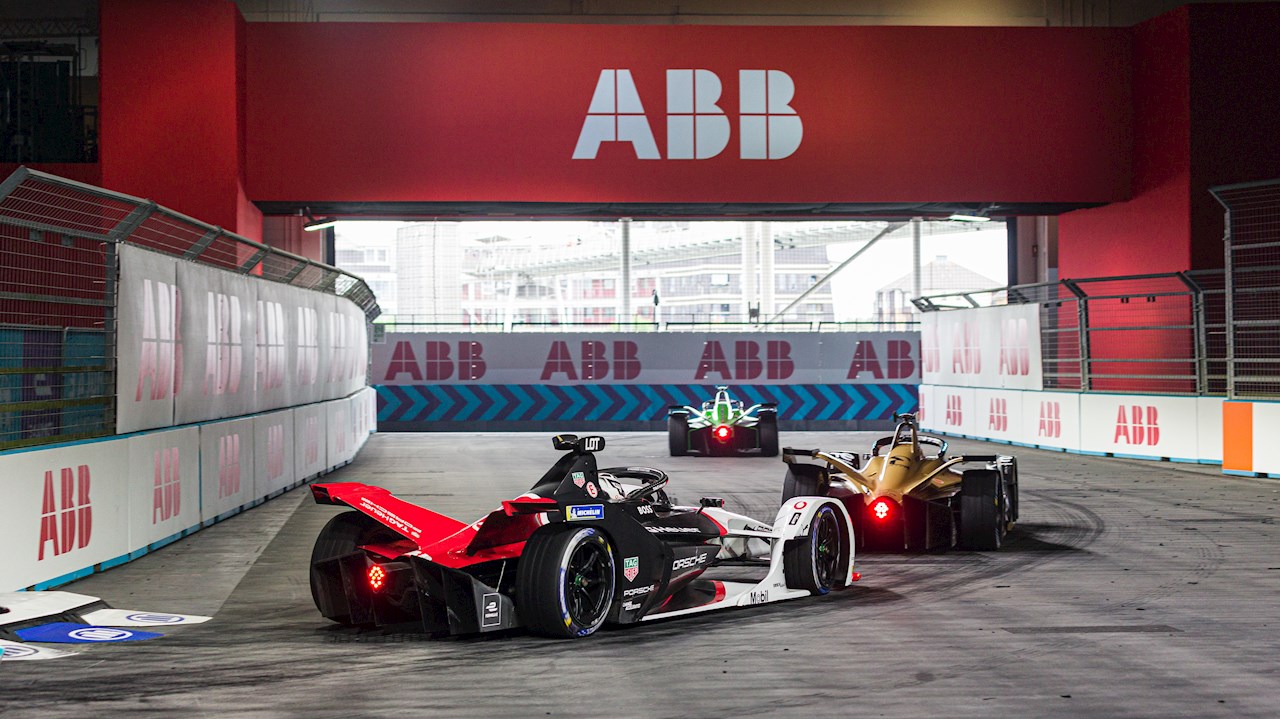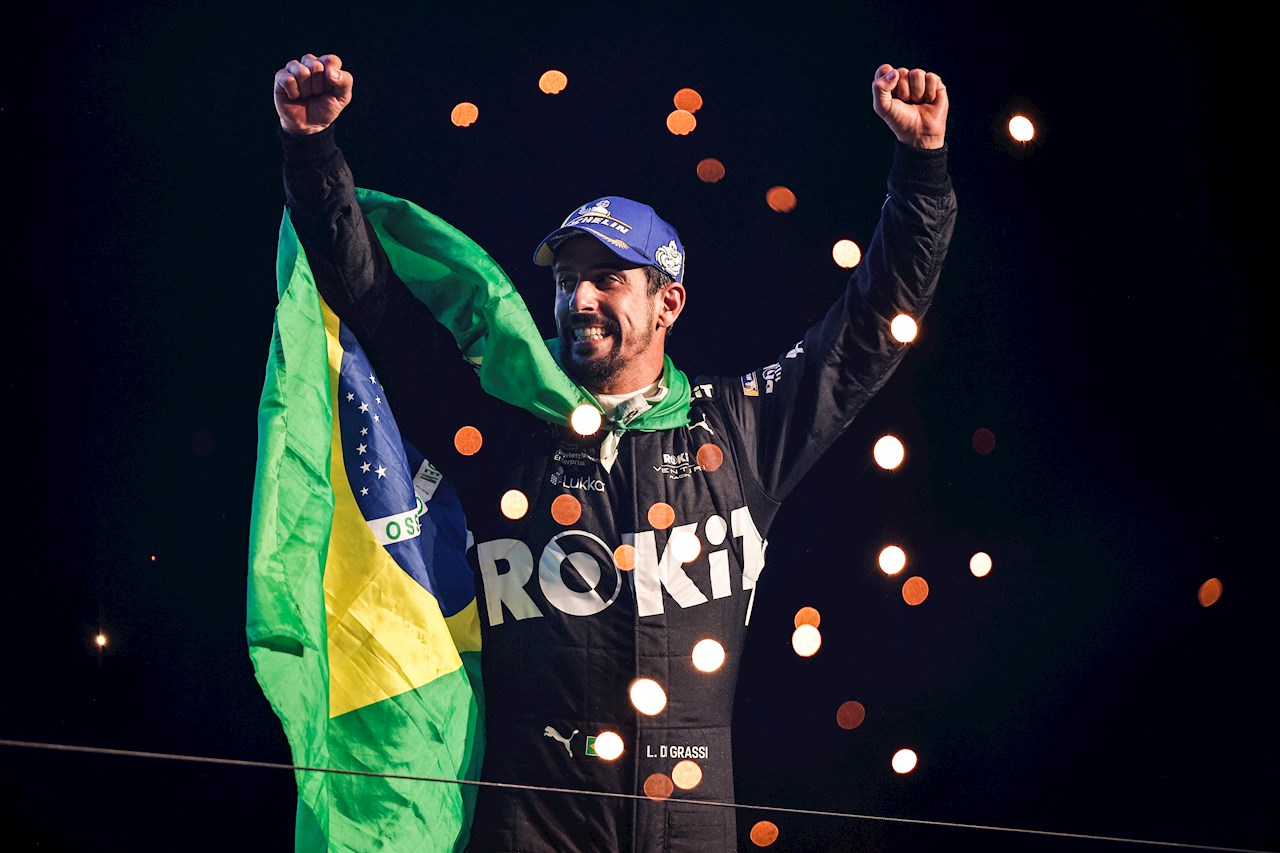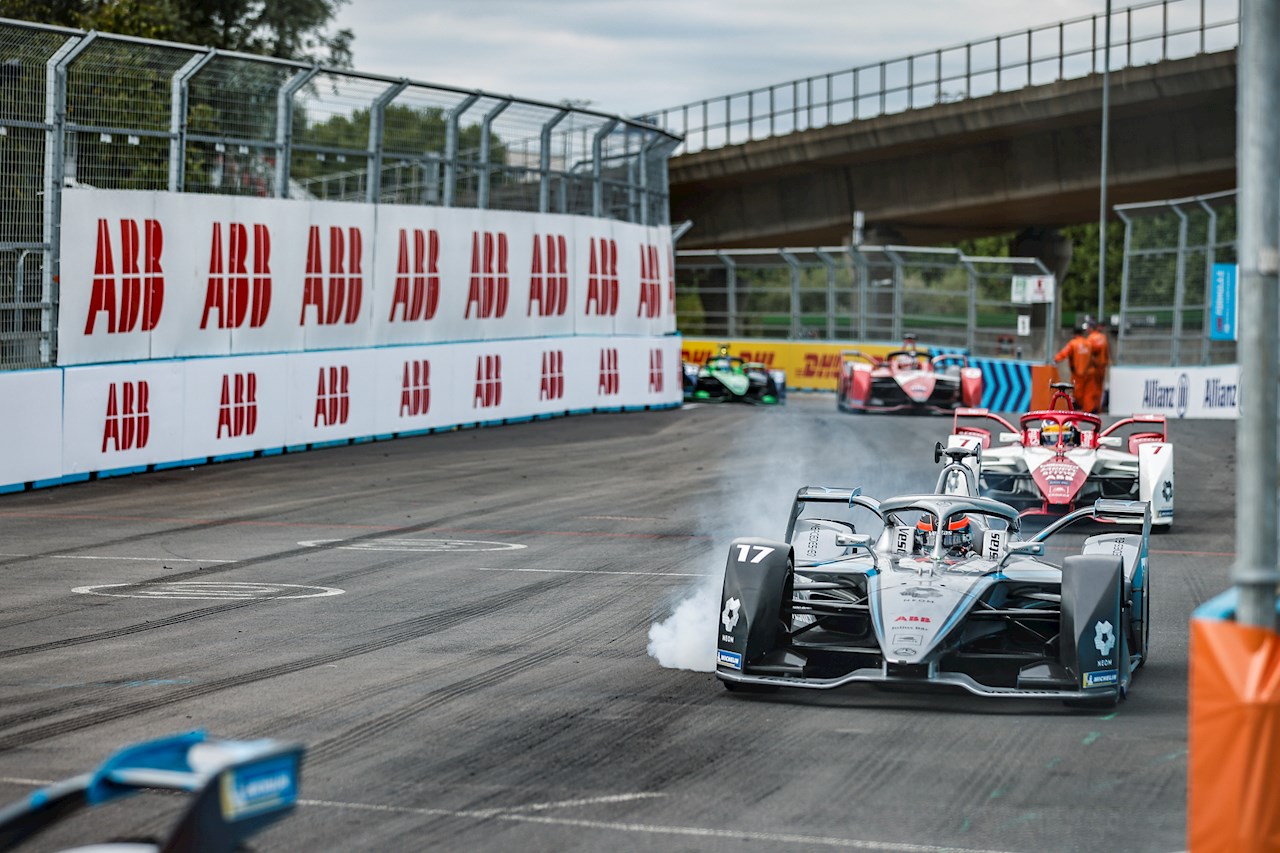The decisive final races of the 2021/22 ABB FIA Formula E World Championship go green in Seoul, South Korea, on August 13 and 14, with anticipation cresting at season-high levels. Over the course of 14 rounds so far in Season 8, the battle for the drivers’ championship has narrowed to a three-way shootout and now pits pilots from three different teams against the challenge of an untested street course in a country where the all-electric series has never competed.
The course for the Hana Bank Seoul E-Prix is laid out in the stadium complex built for the 1988 Seoul Olympic Games. A 2.6-kilometer (1.625 miles) circuit of 22 turns takes the 22 drivers inside the Jamsil stadium – normally a football venue with seating for 60,000 fans – for turns 5 through 11, where the Attack Zone is set to be located as well. Adding to the tension is the competitors’ lack of prior experience at the track, and the absence of circuit data from previous rounds, on which engineers usually rely.

The inclusion of South Korea into the ABB Formula E calendar further expresses the World Championship’s mission to demonstrate the compatibility of high-speed motorsports with sustainability. The country is an innovative and powerful force in the global auto industry, a growing producer and exporter of electric vehicles, as well as a leading supplier of vital components such as lithium-ion battery packs.
Within the country, the showcase afforded by the E-Prix provides a strategic opportunity to demonstrate EV performance and grow acceptance of non-combustion-engined vehicles. Battery-electric vehicles have held a relatively small share of domestic sales in South Korea, in part because the home-grown industry once lagged in developing models. That’s changing rapidly, however, and the presence of sleek and nearly silent Formula E cars on Seoul’s streets is bound to make an impression on Korean racing fans.

ABB enjoys a well-established footprint in South Korea dating back more than three decades. Besides its production and training facilities in the country, ABB is a development partner in an offshore wind turbine program, providing electromagnetic, thermal and mechanical design expertise aimed at meeting sustainability goals for energy production.
Particularly noteworthy in a country bordered on three sides by water is ABB’s involvement in maritime projects. ABB will provide the complete power and propulsion system for the country’s first domestic zero-emissions passenger ferry, an all-electric 100-passenger catamaran that will operate between the North and South ports of the Korean Strait city of Busan. The ferry is an initial step in a plan to replace 140 conventionally powered vessels with models operating on cleaner alternatives by 2030, as called for by environmental legislation.

The racing gets underway on Saturday with Stoffel Vandoorne of the Mercedes-EQ team leading the championship by a comfortable 36 points. But with 58 points available in the Seoul rounds, it’s not an insurmountable margin. Mitch Evans, driving for Jaguar TCS Racing and the winner of three races already this season, is in second place, with Edoardo Mortara of ROKiT Venturi, another three-race winner, close behind in third. Lucas di Grassi, an ABB Ambassador and winner of Round 14 at the recent London double-header, is out of contention for the drivers’ crown, but promises to be a strong factor in the effort by ROKiT Venturi to capture the teams’ title, currently led by Mercedes-EQ. He is also poised to become the series’ first driver to score 1,000 points and the only driver to have started all 100 races, provided he gets off the line on Sunday.
Preparations for Season 9, an 18-race campaign that begins January 14 in Mexico City and will extend Formula E’s reach to Brazil and India, thanks to new race venues in Sao Paolo and Hyderabad, are already at fever pitch. Testing of the Gen3 racecars, more powerful and faster than the machines they replace, has begun in earnest. The first official test is scheduled for December in Valencia, Spain.

The next-generation Formula E cars represent enormous development progress in the technology that underlies battery replenishment and energy recovery during braking. Among the advances that will be in place as ABB takes on the role of official charging supplier for the series next year is extremely high-power battery top-ups during 30-second pitstops – a tantalizing preview of what may one day be available for roadgoing EVs.
